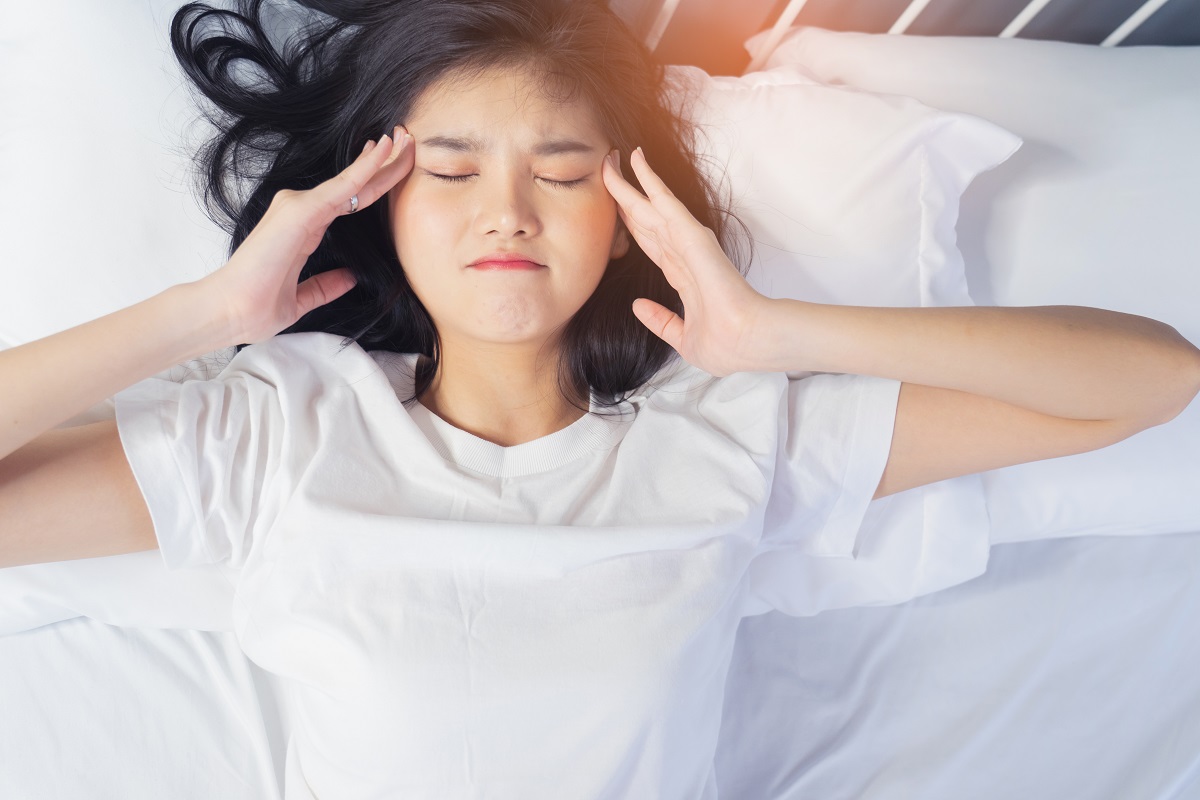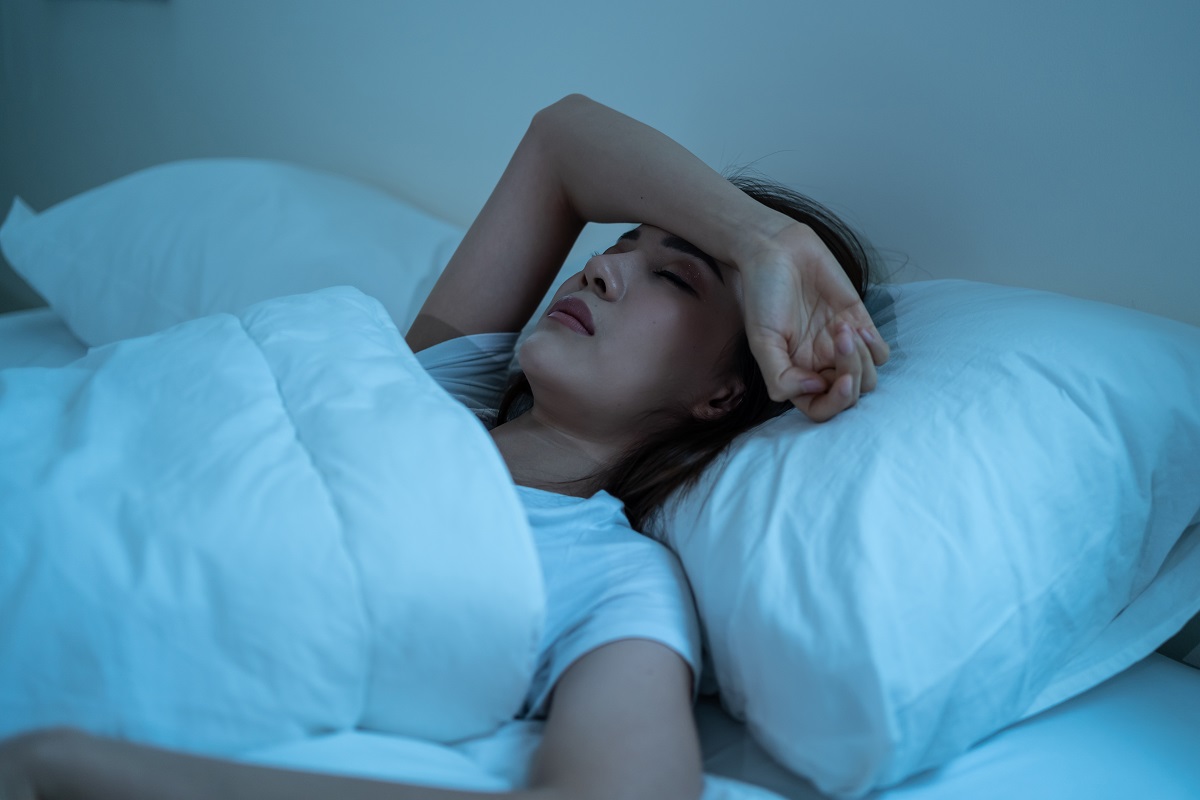What are the reasons I’m getting poor sleep?
- Poor sleep habits
- Poor sleep environment
- Sharing your bed
- Alcohol before bedtime
- Stress
- Caffeine
- Late-night snacks
Have trouble falling asleep at night? Or maybe you feel tired upon waking up, even if you caught a few hours of sleep? Does it feel like a good night’s sleep is elusive and difficult to achieve?
If you’ve been having a tough time resting, or constantly feel sluggish in the morning, chances are you’re dealing with poor sleep. Fortunately, there are several ways you can address the underlying reasons for poor sleep, and give your body a chance to properly rest. Read on to learn how.
Symptoms of poor sleep
A good night’s sleep should have you feeling great the next day. If you feel tired upon waking up, or have trouble staying awake during the day, you may be experiencing poor sleep.
Here are some signs you should look out for:
- Trouble concentrating or thinking
- Daytime sleepiness
- Irritability or mood swings
- Lack of energy
- Poor attention span and memory
- Trouble making decisions
Several factors can contribute to your troubles with sleep, such as:
Poor sleep habits
The habits you have before and during bedtime play a big role in how well you sleep. With good sleep habits, your brain winds down and is better prepared for restorative sleep. However, habits like staying up too late, watching videos or shows in bed, using your phone in bed, and having an irregular sleep schedule can make it much more difficult to fall asleep when you need to. Fortunately, small changes to your habits are all you need to address this factor of poor sleep.
Poor sleep environment

The environment in your bedroom should be conducive to a good night’s rest — meaning, it must be comfortable to sleep in. If you feel too warm or too cold, you will end up waking up in the middle of the night. Too many light sources, such as lamps, clocks, and TVs, can also impair your ability to sleep well. This is because temperature and light exposure can signal your brain whether it’s time to rest or time to wake up. Generally, bright lights and warmer temperatures will keep you awake because your brain believes it is daytime.
Other factors, like noise, smell, and even the texture of your pillows and sheets, can affect your quality of sleep. They don’t trigger signals in your brain, but they can be uncomfortable or distracting, which prevents you from sleeping soundly.
Sharing your bed
Sharing your sleeping space with another person — or ever your pet — can greatly affect the quality of your sleep. This could be because the other person or animal is loud, moves around a lot, hogs the covers, or otherwise disturbs your sleep. These sleeping habits could also be uncomfortable for you, making it difficult for you to stay asleep at night.
The preferred sleeping conditions (such as temperature, light, and noise levels) could also differ between you and your bed partner. This makes it difficult to find a middle ground where both parties can sleep well.
Alcohol before bedtime

A single glass of your favorite alcoholic beverage may not do as much damage to your sleep, but indulging in a few glasses near bedtime can impair your ability to rest well later at night.
One of the effects of alcohol is relaxation, so a few glasses might make you drop quickly to sleep. But, alcohol consumption before bed will have serious long-term effects on your sleep cycle. The more you do this, the more your REM sleep is affected — which creates a disturbed, unrefreshing rest. And, your body may find it very difficult to fall asleep without a few glasses, especially if this becomes a habit for you.
Stress
One of the most common reasons for poor sleep is a preoccupied, active mind during bedtime. This is likely if you feel filled with worries and stress, and are unable to resolve this before heading to sleep.
While many responsibilities and activities can distract you during the day, you must settle your mind before settling into bed. Otherwise, your mind will focus on other issues, rather than going to sleep.
Caffeine

Everyone knows that having coffee or tea at night is a bad idea if you want to sleep properly — but did you know that having some caffeine in the afternoon could be just as bad for you? On average, the caffeine could stay in your system for up to 10 hours, meaning that having some coffee or tea late in the day could keep you alert and active up until the wee hours of the night.
Late-night snacks
Sometimes, we just feel a bit hungry at night. Typical late-night snacks could be some leftovers from dinner or a bag of chips. However, indulging in your cravings so late in the day could leave you lying awake hours later, staring at your ceiling.
This is caused by an overload of protein, fat, and sugars right before bedtime. As a result, your body is in overdrive trying to digest your snack, making it difficult for the rest of your body to relax and go to sleep.
How to sleep well
There are some things you can do to alleviate these reasons for poor rest.
- Switch your afternoon coffee/tea with something with less caffeine — like Bona Vita’s 8-in-1 Choco drink. This will give you an energy boost, without affecting your sleep later in the day.
- Limit alcohol use, especially late in the evening.
- Adjust your sleeping environment — invest in nicer sheets, thick curtains, and other things that could promote better sleep.
- Avoid sleeping with your pets on the bed.
- Discuss with your partner how to remove distractions — such as snoring or space-hogging. Also, try to find a balance for your ideal sleeping conditions.
- Turn off electronics and other distractions at least an hour before you need to go to sleep.
- Substitute your regular coffee with an organic option, which has less caffeine that could affect your sleep. Try Bona Vita’s 8-in-1 Coffee with Ganoderma, a sleep-promoting ingredient.
- Try daily meditation practices if you’re struggling with stress. This could lessen any anxiety you have and promote more relaxing rest.
- Avoid any protein, fat, and sugar-heavy snacks after dinner. Try having fruits, small bowls of whole-grain cereal, and other natural snacks instead.
Key Takeaway
There are many reasons for poor sleep: stress, caffeine, late-night snacks are just a few examples of why you may be struggling to get to bed. Whatever the reason, there are many ways to address your poor sleep, and implementing these strategies can be very helpful to your sleep routine.




